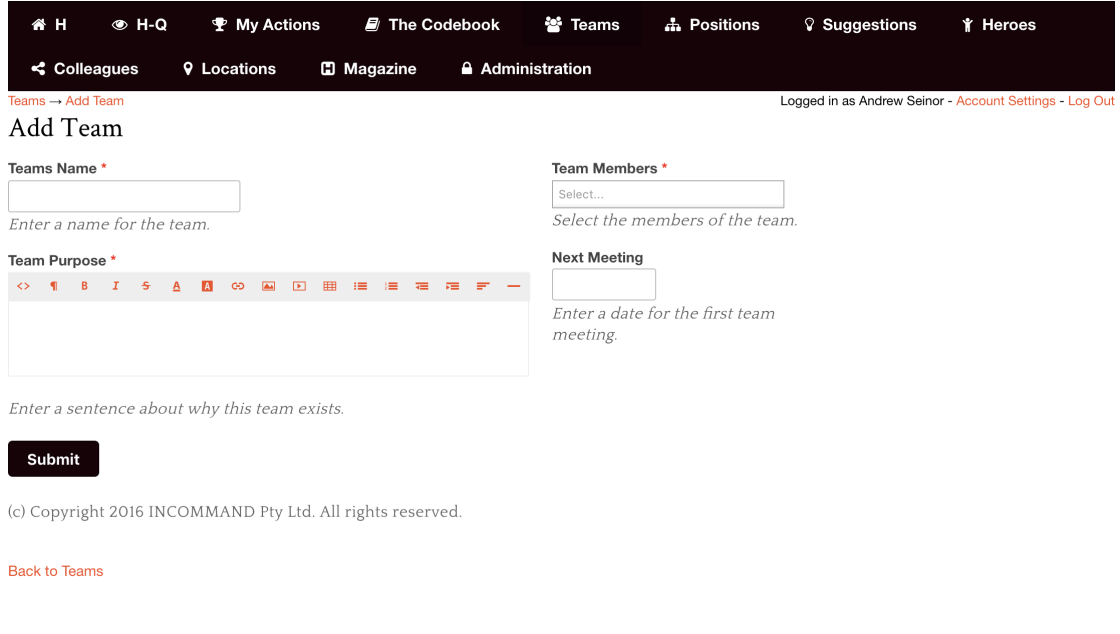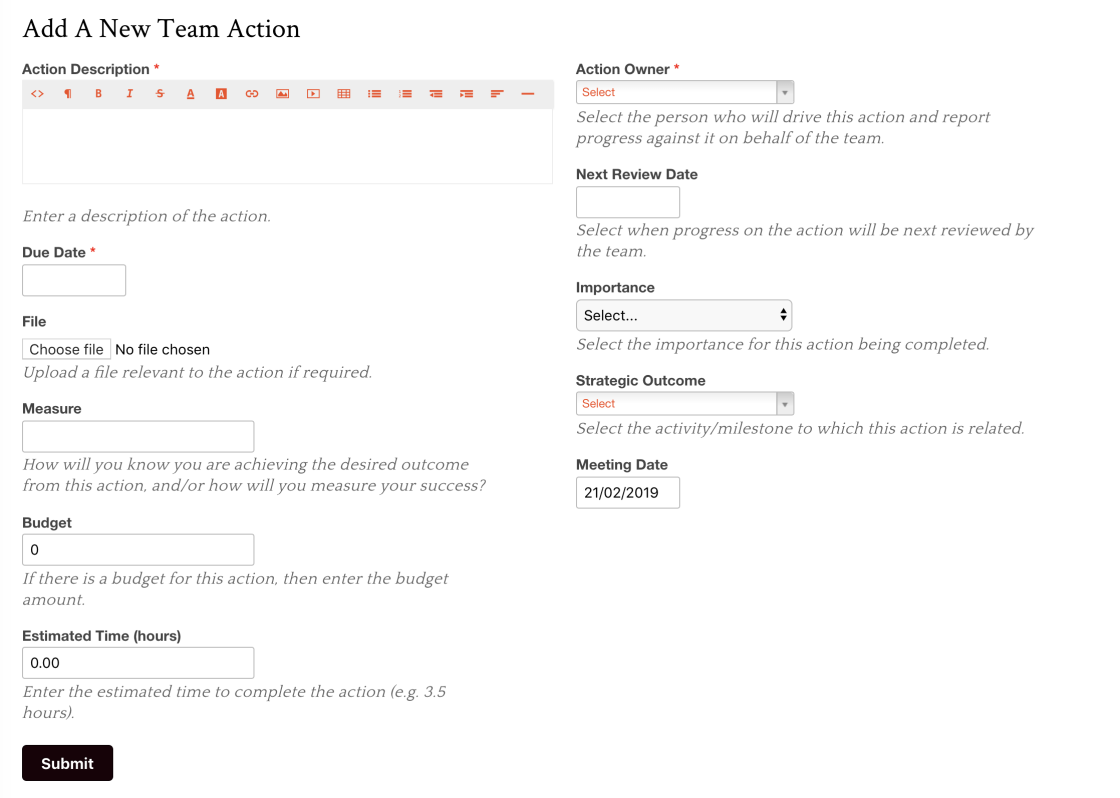|
Ah, meetings. They're much maligned, often for good reason. We have standing meetings, catchup meetings, board (bored?) meetings, team meetings, committee meetings, project meetings, and even annual general meetings. You might ask, "how on earth do we get anything done?". It's easy to say that meetings are a waste of time, but they remain an important part of workplace interaction. When done well they are a powerful addition to workplace productivity. So, how can we make better meetings? Meetings matter when people leave them with inspiration, clarity, actions, learning, and/or accountability. It's what happens after the meeting that matters! So, before you call a meeting, decide which of these objectives you want to achieve - and be ready to communicate why that's important. To borrow the phrase from Stephen Covey in the 7 Habits of Highly Effective People, "begin with the end in mind". None of us work in isolation. We have teams that we are a part of, and therefore we will have a need to meet from time to time. Making those meetings effective and productive is dependent on the habits we instil when we get together. THE 15 'H'ABITS OF EFFECTIVE MEETINGS Once you've established the meetings purpose, instil these habits to ensure your meeting is productive:
Effective meetings are all about discipline and commitment. Instilling these habits will give people clarity of their contribution, and make your meetings a powerhouse for productive action. Using Teams and Actions in The H Factor Anyone can create a team at any time. We encourage people to use the system to formalise your meetings and make them more effective. In formalising your team, you also give visibility to all your colleagues of the purpose for the team and the members in it. Once you have created the team then the team members can use the system to capture actions from the meeting, assign them to a team member, and confirm their importance and due date. This makes it easy for you to instil the 15 habits into your team.
Only the team members can see the actions. All actions display in the current actions table until they are completed, where they can be sorted by action owner, due date, or importance. The system will stores all the completed actions of the team in the completed actions table. There they can be easily searched and sorted so that the team history is preserved.
0 Comments
Leave a Reply. |
AuthorsH Agents write about the joys and challenges of entrepreneurship and managing people. Archives
May 2024
|
(c) Copyright 2024 INCOMMAND Pty Ltd. View our privacy policy and data security statement. Please note that your use of The H Factor system is subject to our Terms of Service.




 RSS Feed
RSS Feed